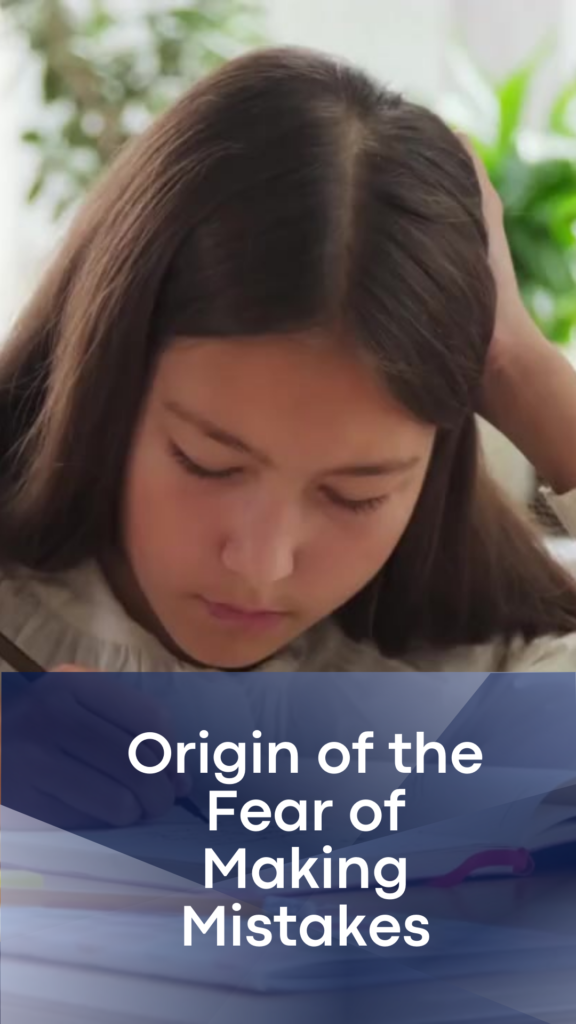According to Albert Einstein,
“Despite the fact that I analyzed nine problems correctly, no one congratulated me. But when I made one mistake, everyone started laughing. This means that even if a person is successful, society will notice his slightest mistake. And they’ll like that. Making mistakes is part of learning. Obviously, it’s important that we learn from mistakes and not keep repeating them. “
“The only person who never makes a mistake is someone who does nothing. ”
The Origin of Fear of Making Mistakes
- 1980’s Shift to Placing Too Much Value on Test Scores and Over Testing
- Evaluation of Teacher Performance Based on Test Scores
- Media Incited Fear That Schools Were Underperforming
- Shifting From Developmental to Academic Focus
- The Shift to Everyone Going to College
- Grades Became More Important
- Parents Began Tutoring Their Children
The increased fear of making mistakes become very evident in the late 1980’s. Shortly after the schools began determining the efficiency of the education the students were receiving and the effectiveness of the teachers through constant testing, I began noticing anxiety in my students that I never saw prior to this new paradigm shift.
Prior to the mid 19080’s, we tested once a year to see if we needed to evaluate the programs we had in place. We recognized that just because a student had a poor performance on the day of the test or didn’t test well in general, we did not give the test too much value. It was a snapshot of one day in the year of a student and teacher.
The media didn’t help reduce the stress, because some news sources published the scores from different schools available to the parents, we began seeing surge of anxiety on the part of our parent population.
Add the growing belief that all students should go to college, a new source of anxiety and fear of making mistakes occurred. If a student made a careless mistake on a test, it could cost them an “A” in the class. This meant they wouldn’t get into the college their parents wanted them to attend. That is a lot of pressure on a third grader.
Another contributor to the fear of making mistakes was added to the list in early 2000’s when some schools, in an attempt to get their students ready for college, shifted form developmental to academic preschools. Learning to read and apply math concepts before the brain is developed enough to do it easily caused many students to begin shutting down because they were not ready to receive the instruction. They needed to play more and develop stronger social skills. They needed to learn concepts through their play. They were tutored, which left them with the wrong impression of themselves as learners. Making a mistake wasn’t acceptable.
Even when teachers encouraged their students to learn from their mistakes, the feedback they got at home and from their parents and peers fed the fear of making them. Peers compared their scores. Many parents were more upset because they thought their chidren weren’t working hard enough. The parents were also working under the misconception that straight “A’s'” guaranteed success. This stress promotes more mistakes. The fear ignites the stress response robbing the brain of blood that enables retrieval of information. Without the blood, it may appear students don’t know the information.
The next blog will deal with how to help students overcome their fears,
Please comment on reasons your children fear making mistakes.
